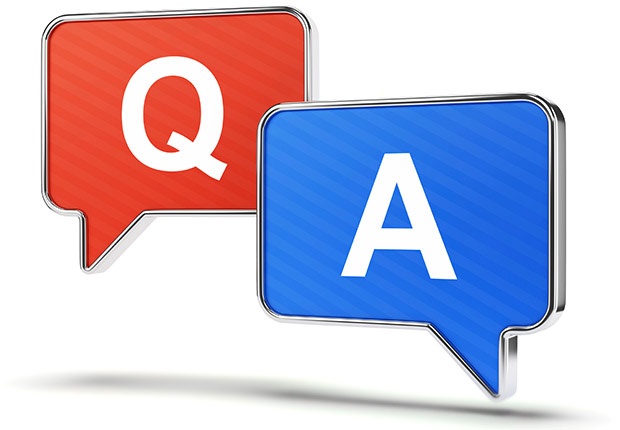8 Things You Need to Know About Medicare
Be smart about Medicare to get the most health care coverage, cut costs and save money
Updated October 2016
-
Istock
8,000 Boomers a Day Turn 65
En español l If you are about to turn age 65, give yourself time to learn about Medicare. There are many choices and deadlines. Being informed is the best way to avoid mistakes that can cost you money.
1 of 10 -
Istock
Timing Is Everything
Most people are eligible for Medicare when they turn 65, and most sign up for Medicare at that time to avoid late penalties. If you already receive Social Security benefits, you’ll be automatically enrolled. Otherwise, you must apply to sign up. However, if you or your spouse still works for an employer that provides you with health insurance, you can delay Medicare enrollment — without risking late penalties — until that employment ends.
2 of 10 -
Shutterstock
There Are Different Parts of Medicare
Medicare is divided into different parts. Part A helps pay the cost of hospital services. Part B helps pay the cost of doctor visits and outpatient services. Part D helps pay the cost of prescription drugs. Part C is different: It offers private insurance options, such as Medicare HMOs and PPOs, which provide coverage for Part A, Part B and (usually) Part D services in a single benefit package.
3 of 10 -
Istockphoto
AARP Offer: Healthy Living Tips and News
Sign up for the AARP Health Newsletter to live life to the fullest with tips, tools and news on healthy living.
Join AARP today and save on health and wellness products and services4 of 10 -
Istock
Medicare Is Not Free
Medicare does not pay for all of your health care costs. You pay premiums for coverage and copayments for most services, unless you qualify for a low-income program or have other additional insurance.
5 of 10 -
Shutterstock
Medicare Covers a Lot but Not Everything
Medicare covers a range of health services, prescription drugs and medical equipment. But there are still gaps. For example, Medicare doesn't cover long-term care (such as everyday care in a nursing home); routine hearing, vision, foot or dental care; or medical services outside of the United States.
6 of 10 -
Istock
Getting Help to Pay Medicare Costs
Medicare supplemental insurance (also called Medigap) can be purchased separately to pay some of the out-of-pocket expenses of original Medicare. People with incomes under a certain level may qualify for low-cost prescription drug coverage under Part D’s Extra Help program and for state assistance in paying their Medicare Part B premiums and maybe other costs.
7 of 10 -
Istock
Choose Wisely
Before you choose a Medicare plan, think about your options carefully and educate yourself on all the plans. Compare the costs, benefits and quality of the plans you are considering.
8 of 10 -
Istock
Still Have Questions?
AARP's Medicare Question and Answer Tool can offer practical and comprehensive information about how the Medicare program works and when to enroll. The tool can help clarify eligibility requirements and provide answers to questions on plan choices, coverage and costs in an easy-to-understand manner. Let AARP's Medicare Question and Answer Tool help you get the most out of your Medicare.
9 of 10 -
10 of 10
Want to know more about Medicare? Find out what's new for 2018.










